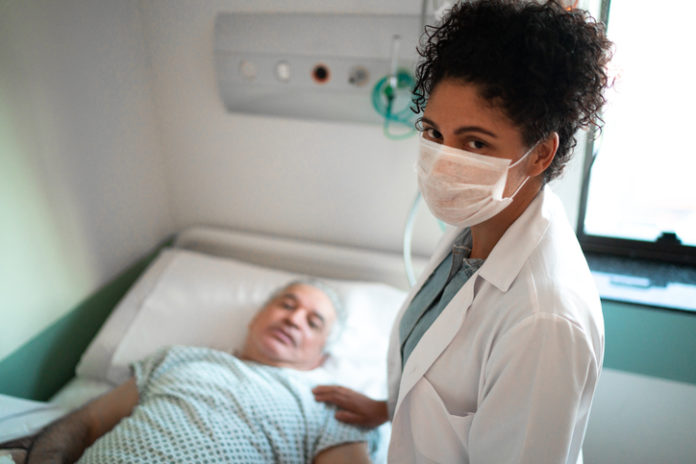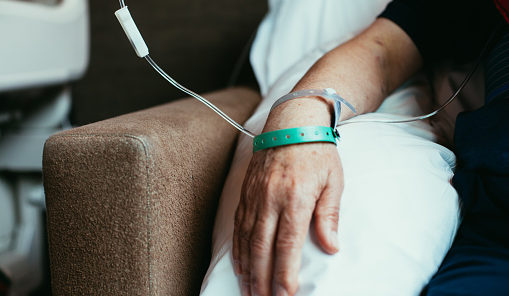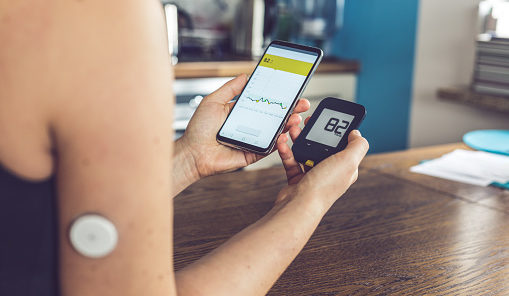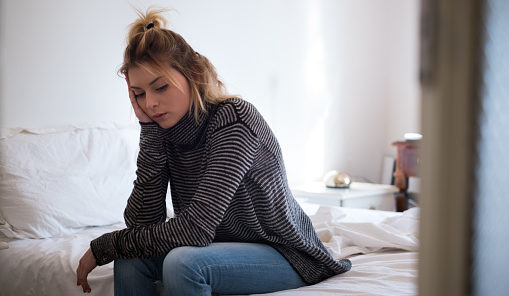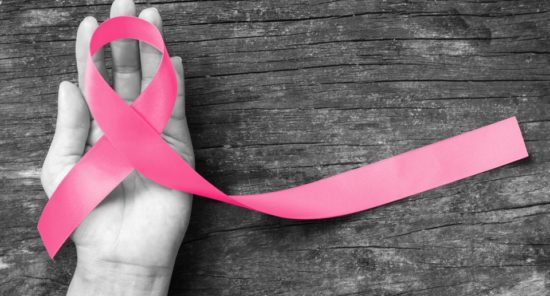Cancer patients and their caregivers experienced high levels of fear and anxiety regarding the COVID-19 pandemic, according to a study.
“The psychological effects of infectious disease outbreaks in the general population, infection survivors, and HCWs are well documented. However, literature about these psychological impacts on uninfected patient populations is scarce,” the study authors explained.
Cancer patients have faced significant challenges during the pandemic because delayed treatment could have serious consequences. However, they are also at a greater risk of poorer outcomes if they contract COVID-19. Therefore, the researchers posited, they are left with a difficult choice: continue to seek treatment while increasing their risk of catching COVID-19, or delay treatment and decrease this risk while possibly affecting their cancer care outcomes.
It’s not just patients who are feeling the mental effects of the pandemic, though. Caregivers and healthcare workers (HCWs) in the oncology world may also be affected.
“To help patients and caregivers navigate through these challenges, oncology HCWs must deal with constant disruptions to cancer care and make ethically challenging decisions while managing their own fears of personal safety,” the authors continued, acknowledging possible increased burnout among HCWs.
A survey of patients, caregivers, and HCWs was conducted over a 17-day period during lockdown at the National Cancer Centre Singapore. Anxiety was assessed using the Generalized Anxiety Disorder-7, and burnout was determined per the Maslach Burnout Inventory; fears regarding COVID-19 were self-reported.
Final analysis consisted of 624 patients, 421 HCWs, and 408 caregivers. When asked, “How likely do you think it is that you will encounter someone who contracted COVID-19?” HCWs were significantly more likely to respond affirmatively (45.8%) than patients (17%) and caregivers (17.9%) (P<0.001 for all). Nearly three-quarters of caregivers (72.8%), two-thirds of patients, and 41.6% of HCWs were very much or extremely fearful regarding COVID-19. Patients were primarily concerned about “the wide community spread of COVID-19,” while caregivers were most concerned about patients dying by themselves and HCWs expressed highest levels of concern surrounding COVID-19’s mild symptoms. Caregivers and patients had similar rates of anxiety (22.5% and 19.1%, respectively); 14% of HCWs reported anxiety. Anxiety was higher among both patients and caregivers who were married, as well as patients who were nongraduates. Burnout was reported by 43.5% of HCWs; anxiety and fear were associated with burnout.
The study was published in JCO Global Oncology.
“Fears, perceived risk, and anxiety among patients, caregivers, and HCWs were significantly elevated as a result of the pandemic,” the researchers concluded. They recommended, “An individualized approach to target the specific fears and perceived risk of each group will be crucial to maintain the psychological well-being of these vulnerable groups and prevent burnout of HCWs.”
Credit: Original article published here.

